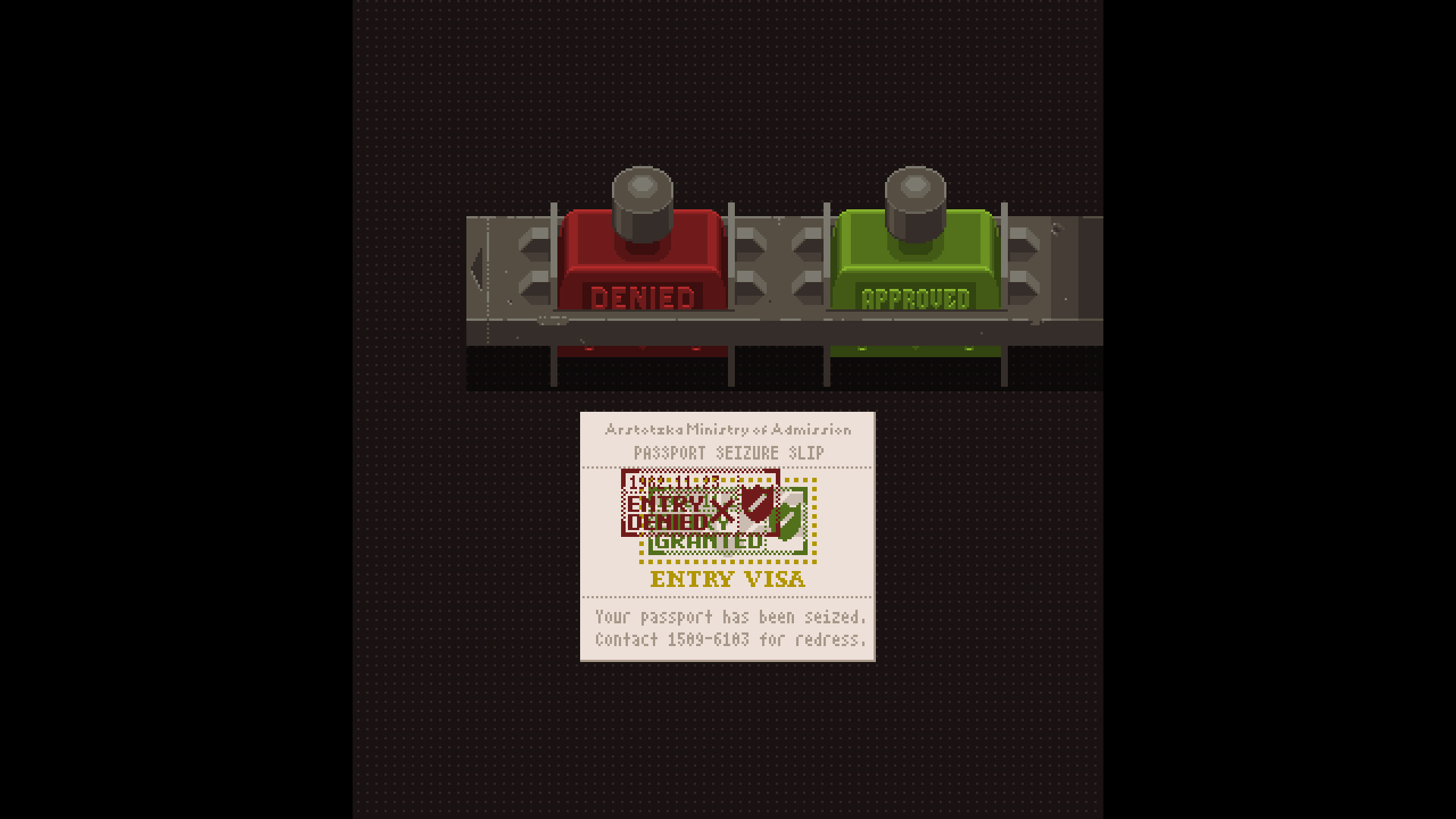
It’s the day the electoral college is suppose to be certified by congress to officially elect Biden. In one message, the agency reported, Denney wrote: "So Trump has called this himself. He wrote: "Tell your boss you’re going to do your part saving the country from communist(sic)." The FBI reported that Denny worked to raise funds for the trip and recruit others. 6 rally would be paid for if he wanted to go. 25, Denney exchanged messages with Hazard saying his trip to the big Jan. Denney also said they were buying police-grade pepper spray from the Fort Worth police store. Denney identified himself as the president and appointed Hazard as the sergeant at arms, saying he was buying him tripes to wear in addition to a helmet, vest and other gear. The men were members of a group called the "Patriot Boys," a self-proclaimed militia group. "If being negative is hard, most humans opt to be good.Engaging in physical violence in a restricted building or grounds violent entry and disorderly conduct What happenedįederal charging documents detailed conversations between Lucas Denney and Donald Hazard discussing the events leading up to and after the riot. "We have seen a lot of success in the last year by making sportsmanship the path of least resistance," said Lin. This caused a confusing lack of leadership and culture, which often led to trouble. The least harmonious was a merging of two groups of friends. Researchers found that a team comprised of a group of friends was the most harmonious, followed by a group of friends who had been joined by some strangers. The company also uses algorithms to encourage a good social mix. Players rated having positive teammates as much more important than being able to get into a game quickly. Riot changed its entry system to allow players more time and more information about their games and their teammates. Often, creating lobbies in which players can feel like they have more power over their choices of who to play with, and which characters to choose, also cut down on strife. Lin pointed out that negative players, if unattended to, tended to get worse over time, but when addressed, usually changed for the better.

"Players respond to positivity and improve the way they communicate."Īs a result of the scheme, Riot found that bad language, as a whole, dropped 7 percent and that positive messaging actually went up. "This is more effective at improving player behavior than using bans," Lin said. Players who change their behavior are released from the restricted chat mode. So, they can decide to use their chance to communicate with others to talk tactics, offer encouragement or dole out abuse. Instead of banning these players, Riot gives them a limited budget of interactions with other players. They are far more likely to make use of a list of ten phrases and words that are commonly accepted as negative or abusive, and less likely to use encouraging words or phrases, like "ggwp" (good game, well played). Lin said Riot takes the view that all players are good, but that sometimes they have a bad day, and this can affect their interactions with others.Įven so, while the vast majority of players have solid reputations for being nice and supportive, a small percentage attracts a significant amount of complaints. Much of Riot's work on this issue stemmed from research into players who tick teammates off with an abusive attitude.

"Sportsmanship can pave the way for a really positive experience," he said. In his speech, Enhancing Sportsmanship in Online Games, he showed how simple techniques can be used to encourage good behavior among players, and to discourage abuse and bad language. That was the message from Riot Games' lead designer of social systems Jeffrey Lin at GDC yesterday, as he talked about ways in which designers have sought to reduce unpleasantness and complaints among players of its successful League of Legendsgame. Sportsmanship in team-based online gaming is a design problem, not a social problem.


 0 kommentar(er)
0 kommentar(er)
